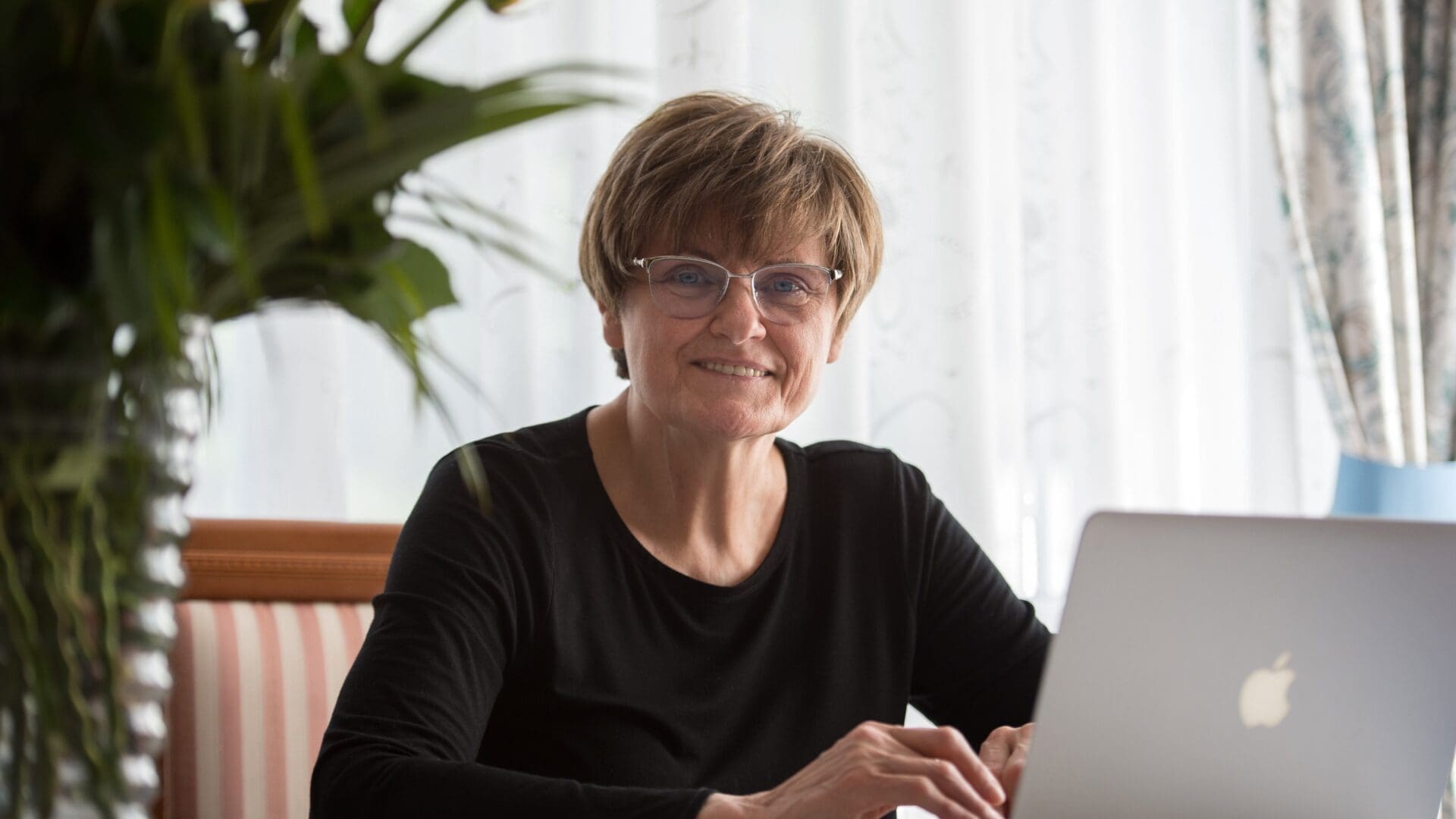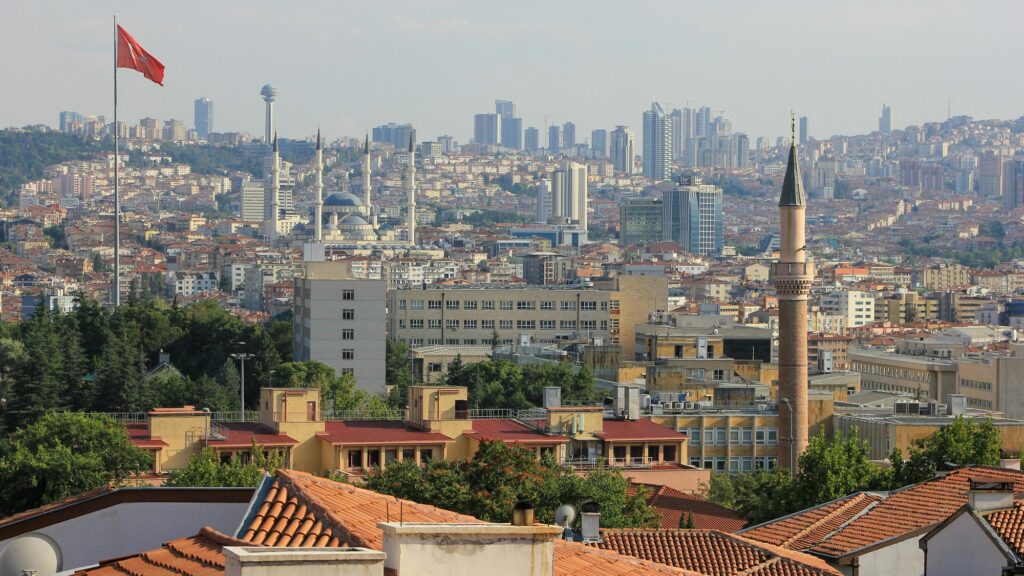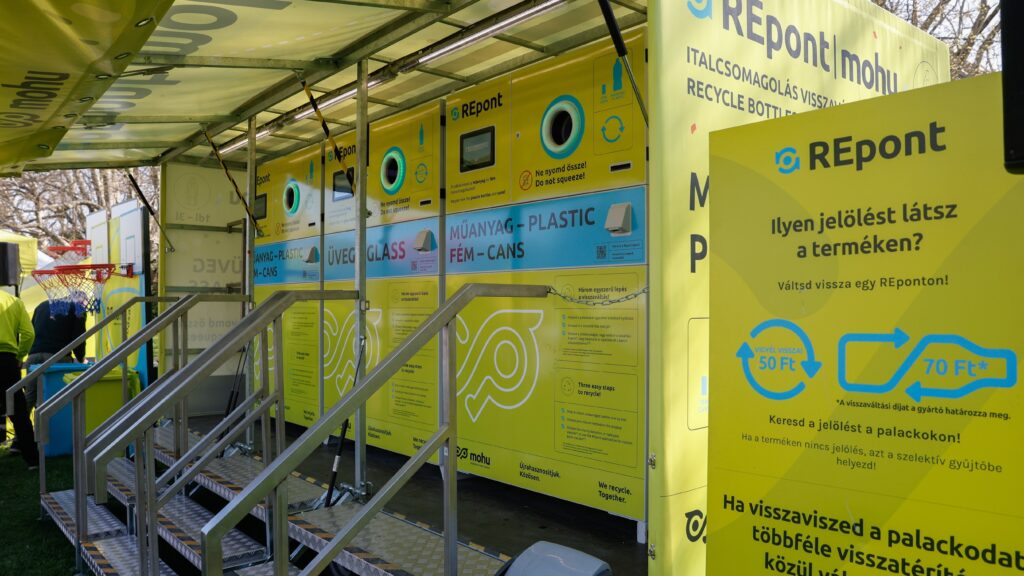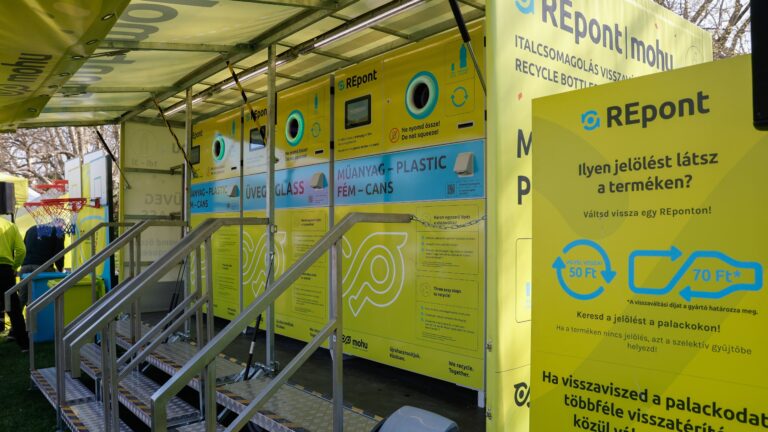‘The most important thing is that we do our work with joy,’ Katalin Karikó told journalists on Monday after it was announced that she and Drew Weissman had been jointly awarded this year’s Nobel Prize in Physiology or Medicine for their ground-breaking discoveries that laid the foundation for mRNA-based vaccines.
The biochemist, speaking to journalists and the leadership of the University of Szeged (SZTE) after the announcement, emphasized the importance for young students to maintain their physical and mental health, and learn to manage stress.
As an SZTE research professor who became known for her work on stress, she advised young people to enjoy their work because doing so will make them better at it over time. Quoting the renowned stress researcher Hans Selye, she emphasized the need to focus on what we can change. In response to a question, Karikó recalled that her mother used to listen every year to find out who had been awarded the Nobel Prize, hoping that one day she would hear her name called. There were times when she had neither a job nor a research group, but she was still working diligently in the lab on her own accord.
The Nobel Prize on Twitter: “Congratulations to one of our new medicine laureates: Katalin Karikó (@kkariko)! 🎉An interview with her will be coming soon. pic.twitter.com/n3oltlM1zG / Twitter”
Congratulations to one of our new medicine laureates: Katalin Karikó (@kkariko)! 🎉An interview with her will be coming soon. pic.twitter.com/n3oltlM1zG
Academician Gábor Szabó, the former rector of SZTE, said that the societal impact of this year’s Nobel Prize-winning research is much greater than that of previous laureates. The physics professor, who graduated from SZTE at the same time Katalin Karikó did, believes that her personality also impressed the Nobel Prize committee. In addition to her scientific achievements, she deserves a special prize for her incredible persistence. She conducted her initial experiments related to mRNA at the Szeged Biological Research Centre, and later continued this work in the United States, but her research funding was discontinued after a few years. Karikó is a researcher who can be presented as a role model to young people, Professor Szabó emphasized.
The Nobel Prize committee justified its decision by stating that the discovery by Katalin Karikó, a Hungarian biochemist at the University of Pennsylvania, and Drew Weissman, an American physician-researcher, to modify nucleoside bases has enabled the development of effective mRNA vaccines against COVID-19. They noted that
the researchers’ ground-breaking discoveries have completely reshaped our understanding of the interaction between messenger RNA (mRNA) and the immune system.
The laureates have contributed to the unprecedented speed at which vaccines can be developed in the modern era to address one of the most significant threats to human health.
Pfizer-BioNTech and Moderna began developing mRNA-based vaccines in early 2020, shortly after the SARS-CoV-2 virus causing COVID-19 started spreading in Wuhan, China. Using the technology pioneered by Karikó and Weissman, which involves modifying the genetic material of the virus, these vaccines were developed in record time, and clinical trials commenced. In November 2020, third-phase trials revealed that the Pfizer-BioNTech and Moderna vaccines exhibited over 90 per cent effectiveness in preventing COVID-19. These vaccines are periodically adjusted to account for changes in the virus, and research is ongoing to develop new mRNA-based vaccines that can provide broad protection against influenza viruses or lay the foundation for effective cancer therapies.
Penn Medicine on Twitter: “Congrats to #NobelPrize Laureates Dr. Katalin Karikó and Dr. Drew Weissman, awarded the 2023 @NobelPrize in Physiology or Medicine for their work which led to the development of the #mRNA COVID vaccines. @kkariko @WeissmanLabLearn more: https://t.co/oXlxRHPrye pic.twitter.com/FTLrPevR7M / Twitter”
Congrats to #NobelPrize Laureates Dr. Katalin Karikó and Dr. Drew Weissman, awarded the 2023 @NobelPrize in Physiology or Medicine for their work which led to the development of the #mRNA COVID vaccines. @kkariko @WeissmanLabLearn more: https://t.co/oXlxRHPrye pic.twitter.com/FTLrPevR7M
In 2005, Katalin Karikó and Drew Weissman discovered that replacing uridine bases with pseudouridine in mRNA prevents the mRNA vaccine or therapy from triggering an adverse immune reaction. They filed two patents for the technology in 2006, which were granted in 2014 and 2015, respectively. The importance of pseudouridine was confirmed in their additional research published in 2008 and 2012. By that time, they were intensively studying the mRNA-based technology for vaccine development, which showed that the use of modified bases was ideal for vaccines against viruses.
The last Hungarian Nobel Prize winner was Imre Kertész, who received the Nobel Prize in Literature in 2002
for his works dealing with the Holocaust and the atrocities of dictatorships. In the field of Physiology or Medicine, Hungarian researchers Robert Bárány (1914), Albert Szent-Györgyi (1937), and Georg von Békésy (1961) have previously been honoured with the Nobel Prize.
Starting on Tuesday, the residents of Szeged can offer their congratulations to Karikó in a congratulatory book placed in the atrium of the city hall.
The statement issued by the local government mentions that on behalf of all Szeged citizens, the city’s leadership congratulates Katalin Karikó, a biochemist and honorary citizen of Szeged, on her Nobel Prize in Physiology or Medicine. Katalin Karikó saved millions of lives worldwide. Thanks to her discovery, she rightfully earned the most prestigious scientific accolade, and brought worldwide recognition for Szeged. The city of Szeged will later deliver the book to Nobel laureate Katalin Karikó, as stated in the announcement.
Read more:
Source: Hungarian Conservative/MTI








